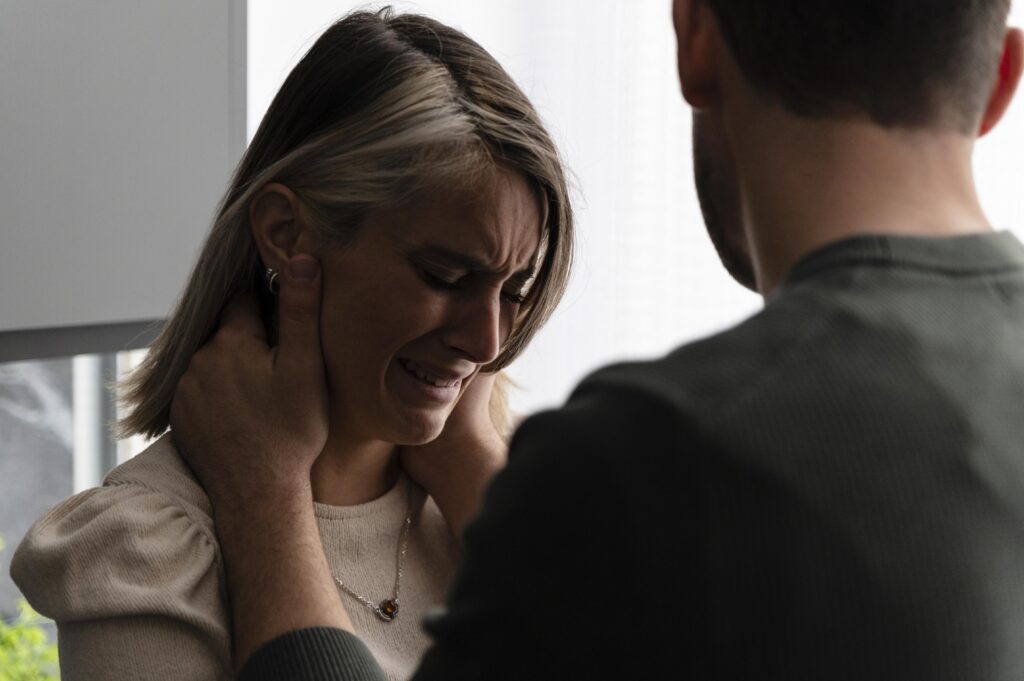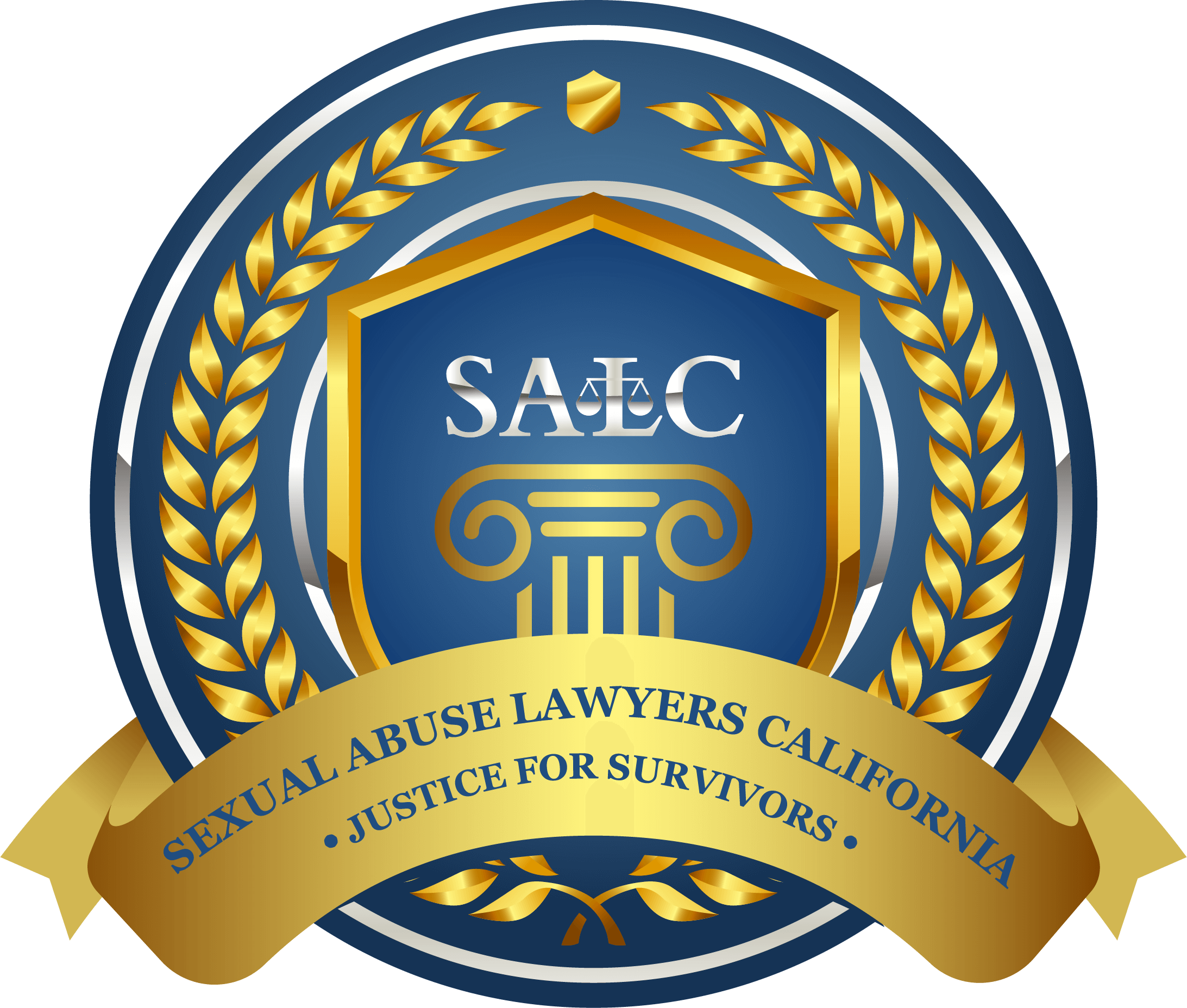In the quiet hours of contemplation, many survivors of sexual assault battle with a haunting query: what if justice should nevertheless be served? This issue, profoundly private and complicated, has caused a louder voice within the public arena to surge in social movements. Movements like #MeToo have now not only spotlighted the superiority of sexual attacks but also empowered survivors who are searching for justice, even years after their harrowing reviews.
Coupled with a legal area, this is gradually adapting to cope with those crimes, and the direction to reopen sexual assault instances seems less impossible than it once did. This shift has sparked crucial communication regarding the journey toward justice and the pivotal function of prison representation in navigating it. As we delve into this discussion, we know the courage of survivors stepping forward and the evolving societal assistance empowering them to accomplish that. The question of whether legal representation is critical in this complicated process is more relevant now than ever, reflecting a collective yearning for justice and closure.
The Important Issue
For survivors of sexual assault, the choice to reopen their case is not made gently. It’s a step that requires titanic braveness and a willingness to revisit disturbing recollections. The question of whether or no longer to engage legal representation in this system is vital, touching each the heart and the fabric of the prison machine itself. Legal illustration can offer not only a shield but also a guiding mild through the complexities of the prison adventure ahead. This is a direction strewn with emotionally demanding situations and criminal intricacies that can be impossible to navigate alone.
Survivors must grapple with the daunting prospect of no longer being believed, the pressure of public scrutiny, and the procedural complexities of the justice device. In this sort of context, the support, know-how, and advocacy of a lawyer emerge as priceless. They provide more than just legal advice; they provide a form of emotional fortitude, understanding, and a voice that fights tirelessly for justice and closure. Hence, exploring the need for legal representation isn’t always only a legal question but a profound attention to the way to high-quality help survivors on their journey toward recovery and justice.

Reopening Cases Complexities
Reopening a sexual assault case is similar to navigating a labyrinth of legal hurdles, each with the ability to impact the final results significantly. One of the most daunting obstructions is the statute of barriers, which is a time restriction on costs that may be filed. This clock can run out earlier than a survivor is prepared to return forward, posing a giant barrier to justice. Even if the timeframe lets in, the maintenance of proof affords every other important assignment. Over time, bodily evidence can be lost or degraded, and digital footprints may additionally vanish, weakening the case’s basis.
Moreover, the provision and reliability of witnesses become increasingly unsure as reminiscences fade and those flow on with their lives. Witnesses are frequently essential to constructing a strong case, providing testimony that can corroborate the survivor’s account. The emotional toll on these witnesses, as well as the survivor, can be profound, affecting their willingness and potential to participate.
These criminal limitations are, in addition, compounded by ability biases and misconceptions about sexual assault inside the criminal system itself that may have an impact on the case’s trajectory and final results. Without expert legal guidance, navigating these complexities can seem like an impossible task for survivors. A lawyer specialized in sexual assault instances brings no longer the best knowledge of these legal limitations but also the expertise to venture them, presenting strategic advice and representation that could considerably have an impact on the case’s course and outcome. In this complex criminal and emotional panorama, the role of a lawyer becomes no longer simply beneficial but probably critical to reaching justice and closure.
The Lawyer’s Role
A legal professional’s involvement in reopening a sexual attack case can transform the adventure from considered one of uncertainty to one in all hope and path. Their role extends ways beyond mere legal representation; they come to be advocates, strategists, and confidants. Initially, they navigate the complicated web of prison paperwork, making sure filings are correct and well timed, as a consequence laying a solid groundwork for the case. This procedural know-how is vital, as even minor mistakes can bring about delays or the dismissal of a case.
Moreover, their deep knowledge of sexual attack legal guidelines and the nuances of the criminal justice device allows them to plot a strategic approach tailor-made to each case. They can assign the statute of obstacles through felony exceptions or locate creative ways to offer evidence that can have degraded over time. Their capacity to put together and instruct survivors and witnesses for the trials of courtroom testimony is functional, reducing the emotional toll and strengthening the case’s credibility.
Perhaps the most important thing is that a legal professional stands as a steadfast advise in the courtroom, wielding their competence to counteract biases and misconceptions about sexual attacks. They make sure that the survivor’s voice is heard and respected, presenting the records compellingly and persuasively. This expert advocacy can appreciably affect the case’s final results, turning the scales of justice in the choice of survivor. The presence of a lawyer symbolizes now not only a pursuit of legal recourse but a tangible help system, empowering survivors via one of their most challenging journeys.

Stories from Survivors
Anna, a survivor who reopened her case after numerous years, experienced the profound distinction legal representation can make. Initially hesitant, the complexity and emotional toll of reliving her trauma seemed insurmountable. However, once she partnered with a specialized sexual assault attorney, the path became more apparent. Her legal professional navigated the legal process with knowledge, presenting only legal recommendations and emotional aid. The final results of her case, which ended in a conviction, underscored the significance of getting an advocate who understood the felony intricacies and emotional dynamics of sexual attack cases.
On the other hand, Michael, who chose to continue without legal representation, confronted substantial challenges. The overwhelming manner of filing paperwork, the difficulty of gathering evidence years after the attack, and the daunting challenge of going through the criminal gadget by myself took a heavy toll. Without the strategic steering of a legal professional, Michael observed it challenging to present his case efficaciously, ultimately leading to dismissal because of procedural mistakes. This highlights the essential position attorneys play in navigating the criminal machine and advocating for survivors.
Sarah’s case offers an attitude toward the emotional effect of getting legal help. Although her case did not bring about a conviction, the experience of being believed and supported by her legal professional furnished a sense of closure and empowerment that she described as helpful. This emotional aid and validation are frequently as vital because the criminal final results for lots of survivors.
These cases replicate a common topic: the presence of an attorney can considerably affect each of the criminal and emotional journeys of reopening a sexual attack case. Legal knowledge, emotional help, and advocacy are beneficial sources that could regulate the path of a survivor’s quest for justice and restoration.
Costs and Benefits Considerations
Deciding to hire legal representation when reopening a sexual assault case involves weighing significant financial and emotional costs against the potential benefits. Financially, the cost of hiring a lawyer can be substantial, potentially running into thousands of dollars depending on the case’s complexity and duration. This financial strain must be balanced against the potential for achieving justice, the closure it might bring, and the legal expertise provided. Emotionally, having a lawyer can offer a sense of support and advocacy, reducing the stress of navigating the legal system alone and increasing the chances of a favorable outcome.
For those daunted by the cost, exploring legal aid and pro bono services is crucial. Many organizations are dedicated to supporting sexual assault survivors, offering free or low-cost legal representation. These services can mitigate financial burdens while still providing the benefits of expert legal advice and support.
Additionally, the emotional support provided by legal professionals can be invaluable, offering a semblance of stability in an inherently turbulent process. The decision to hire legal representation, then, hinges not just on financial capacity but on a careful consideration of these emotional and practical benefits, which can potentially transform the journey towards justice and healing.

Your Decision Process
When deliberating on whether to hire a lawyer for reopening a sexual assault case, consider several vital factors. Evaluate the complexity of your case; intricate legal issues and evidentiary challenges may necessitate professional expertise. Assess your emotional readiness and resilience; facing a legal battle requires significant emotional strength and support. Reflect on your support system; having a network of friends, family, or advocates can provide essential emotional backing.
Additionally, research your options for legal representation, including consulting with legal aid organizations for guidance and potential representation. Make inquiries, understanding that a good lawyer should make you feel heard, respected, and understood. This decision is deeply personal and varies significantly from one individual to another. Trust your instincts and make a choice that feels right for you, prioritizing your well-being and your journey toward justice and closure.
Find Resources and Assistance
Several resources are needed for survivors searching for assistance. Legal helpful resource companies offer guidance and illustration; the National Sexual Assault Hotline offers exclusive guides; and neighborhood support agencies provide a community of knowledge and encouragement. Websites like RAINN (Rape, Abuse & Incest National Network) provide extensive resources, including access to legal assistance and emotional support services. These resources can be invaluable, offering hope, assistance, and a pathway to recovery and justice. Remember, reaching out for help is a sign of strength, and support is always available, regardless of your decision about legal representation.










